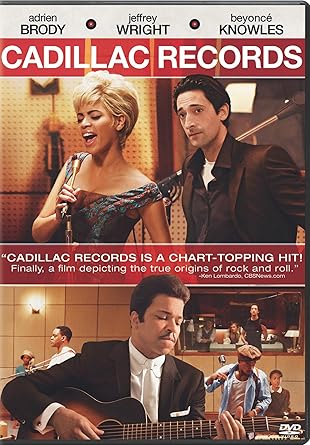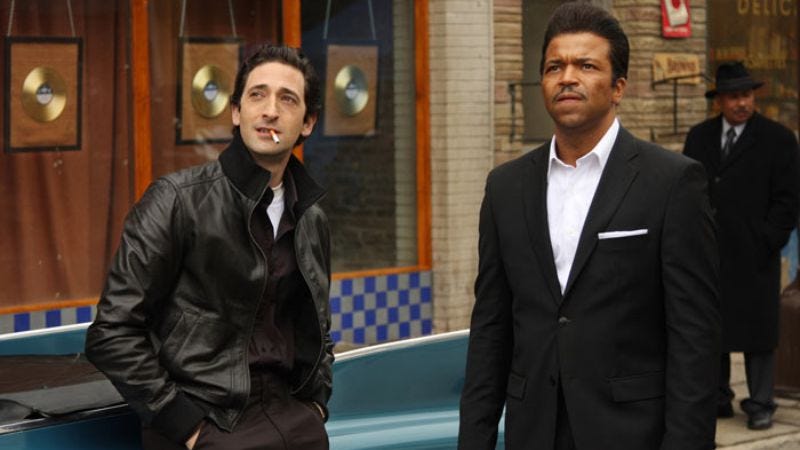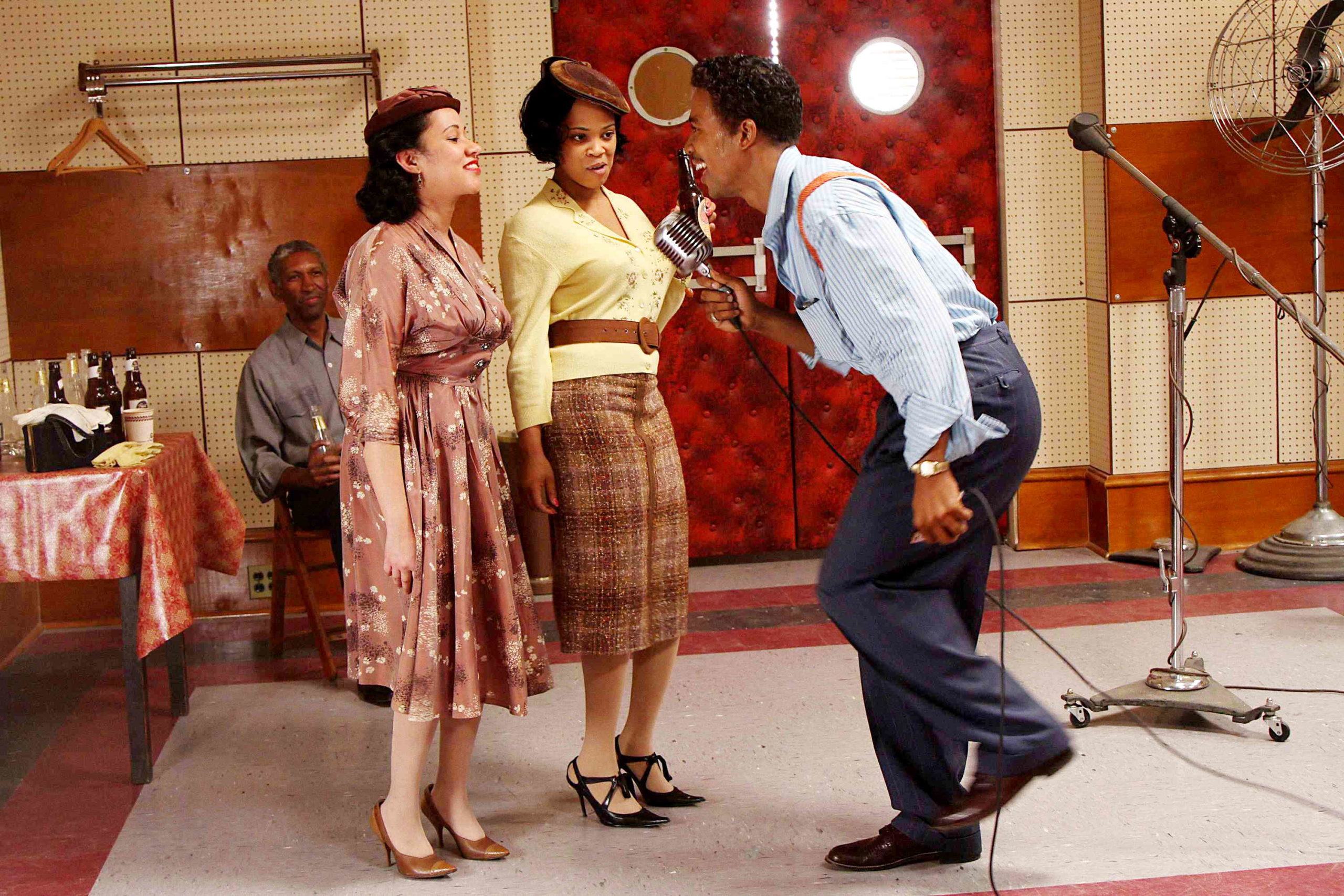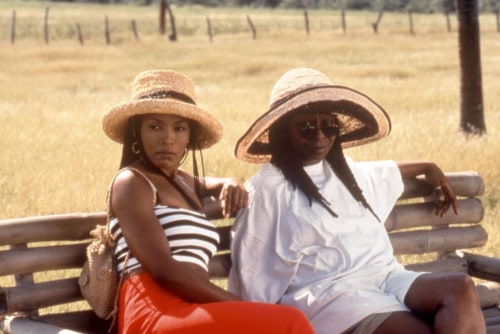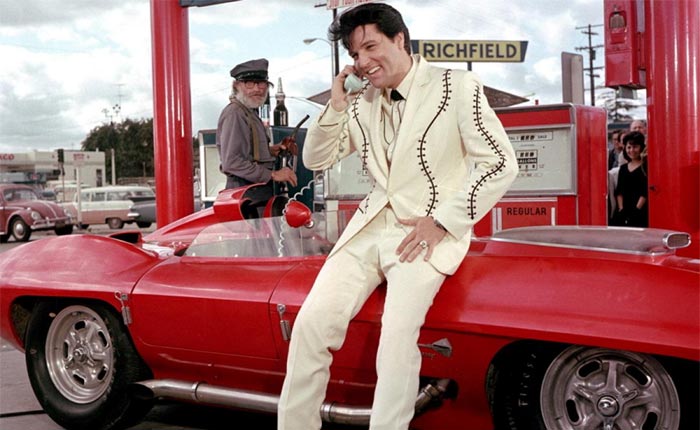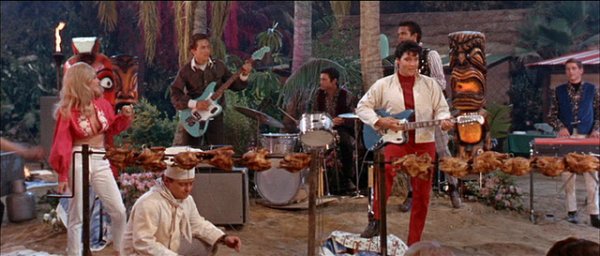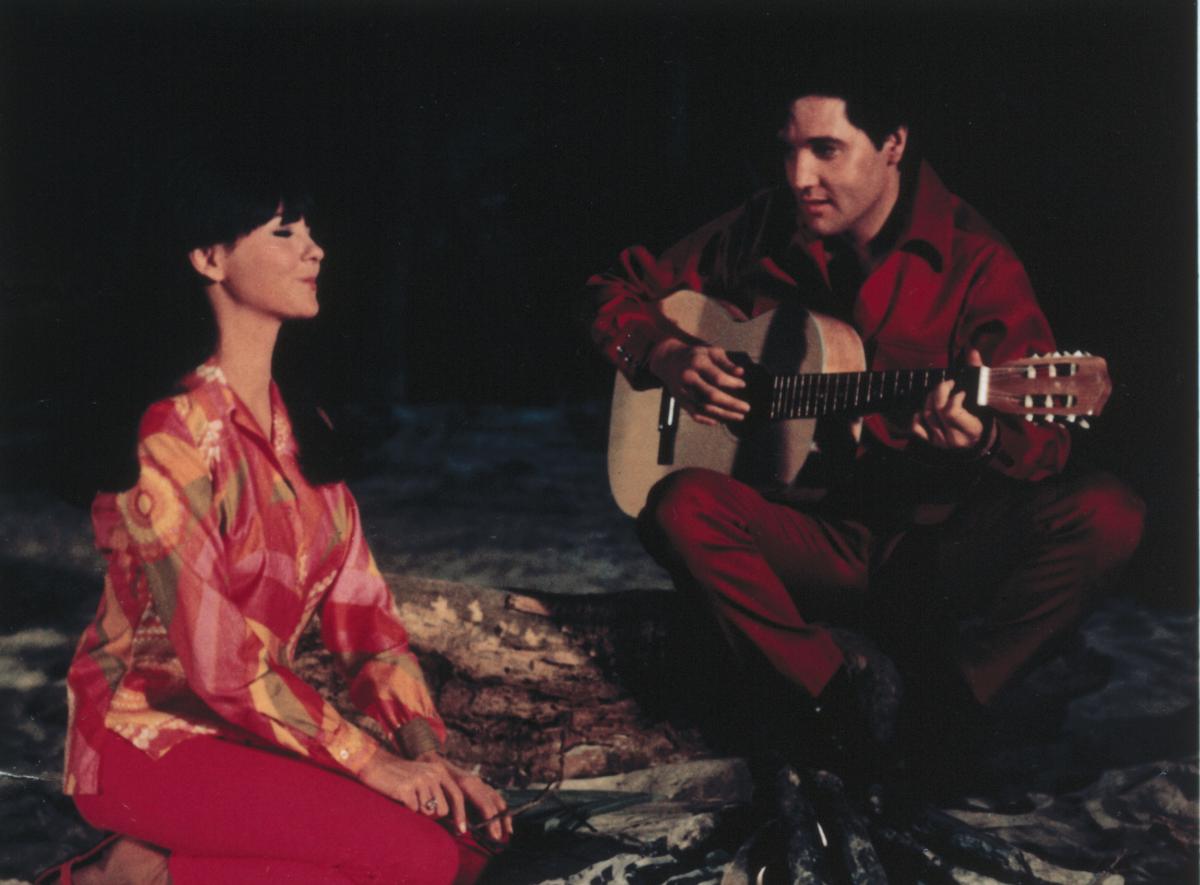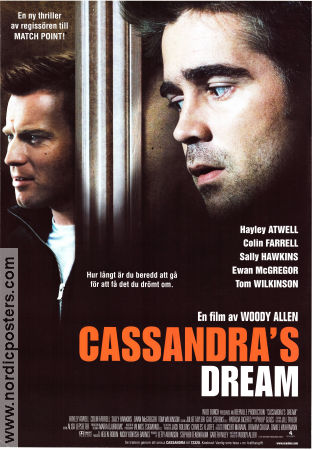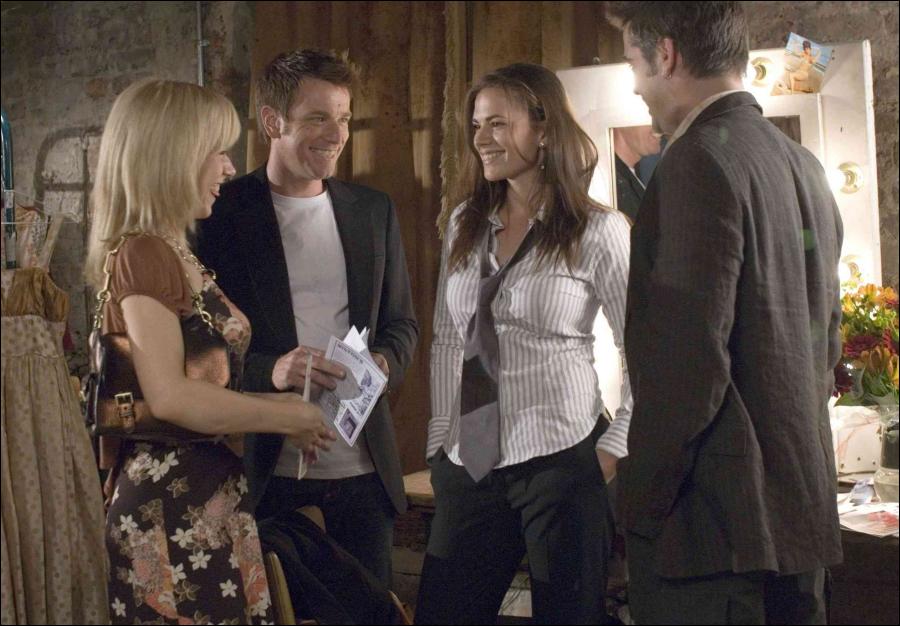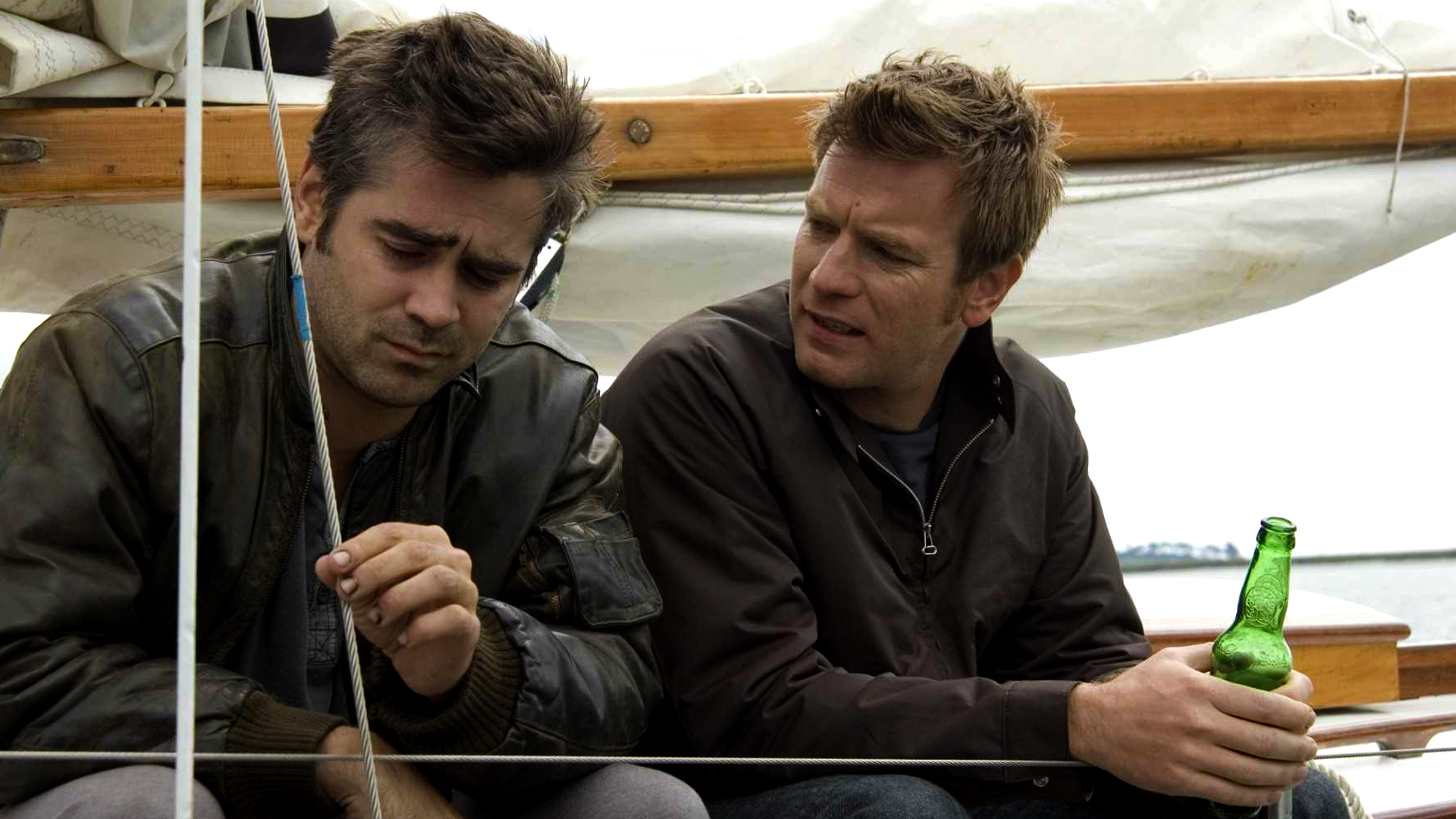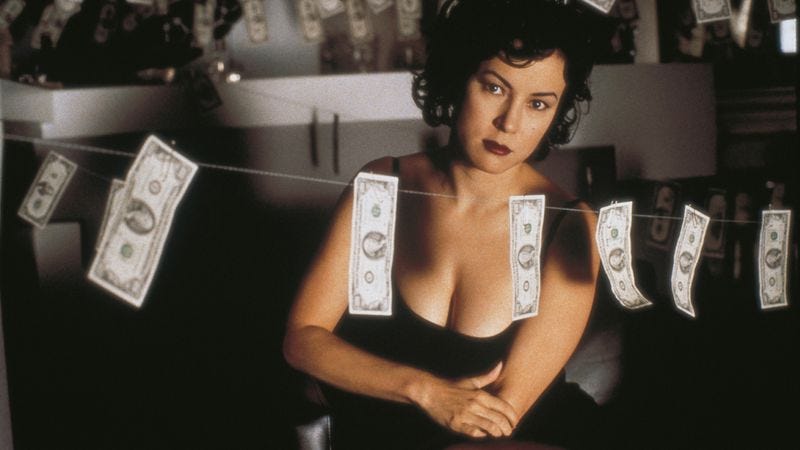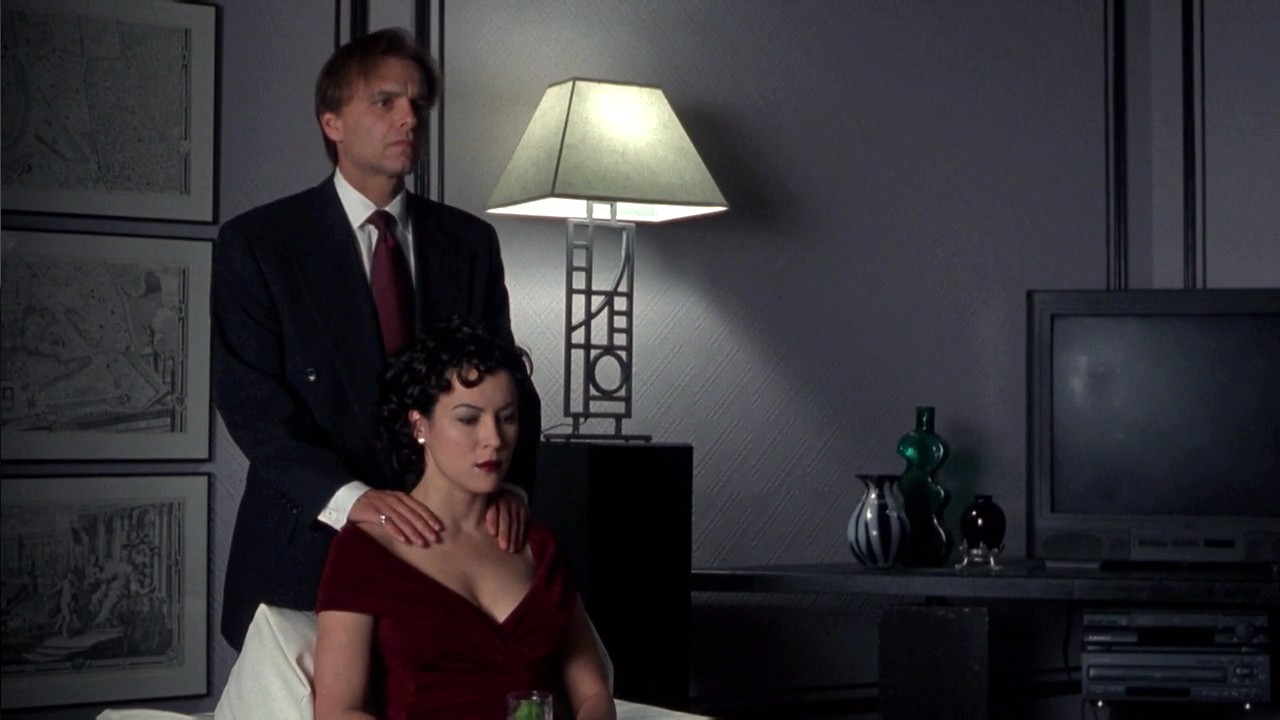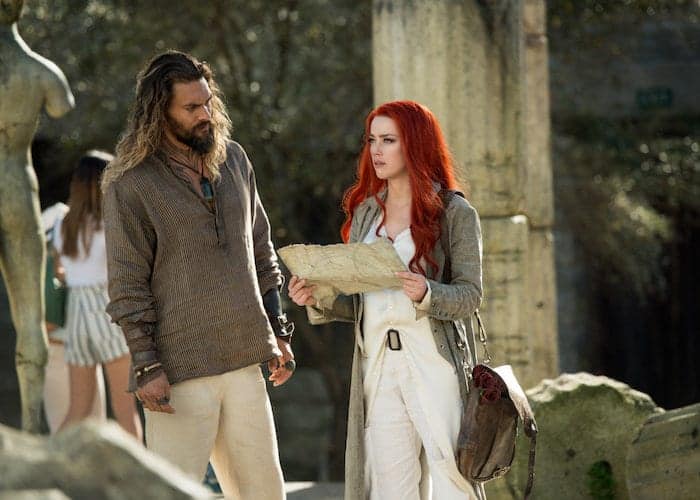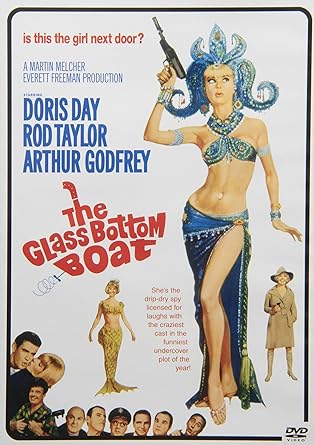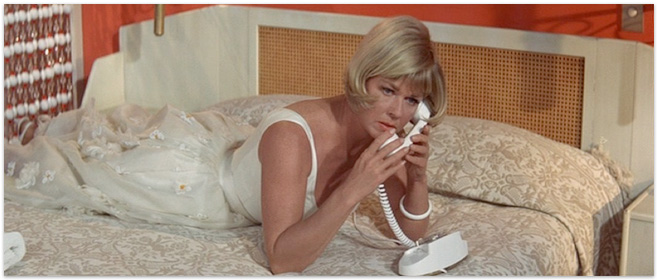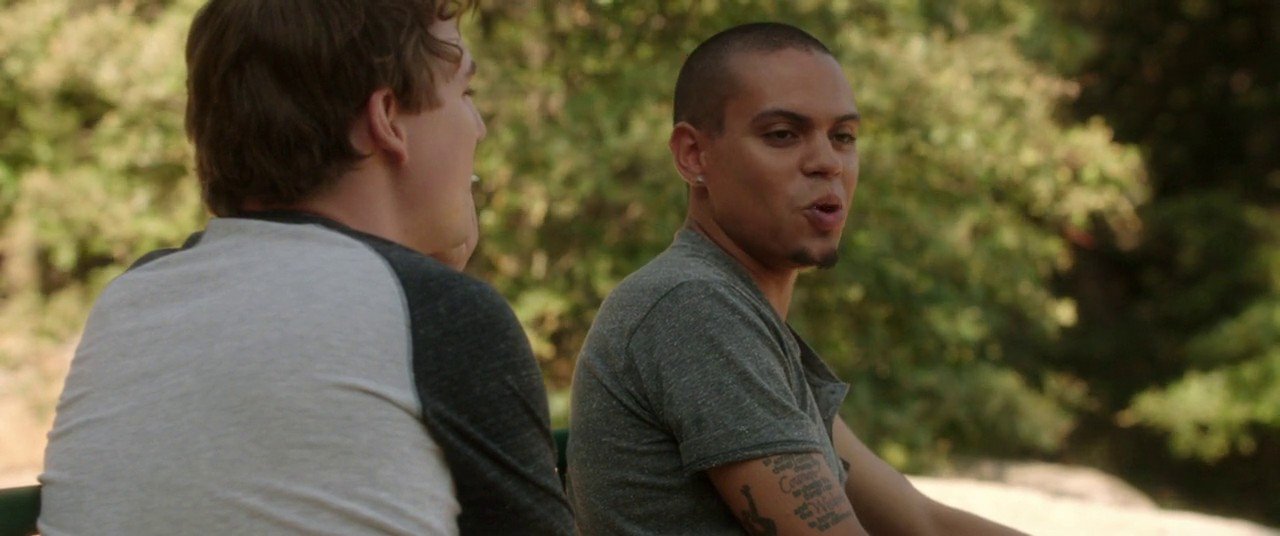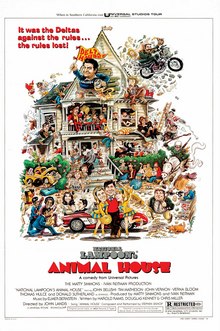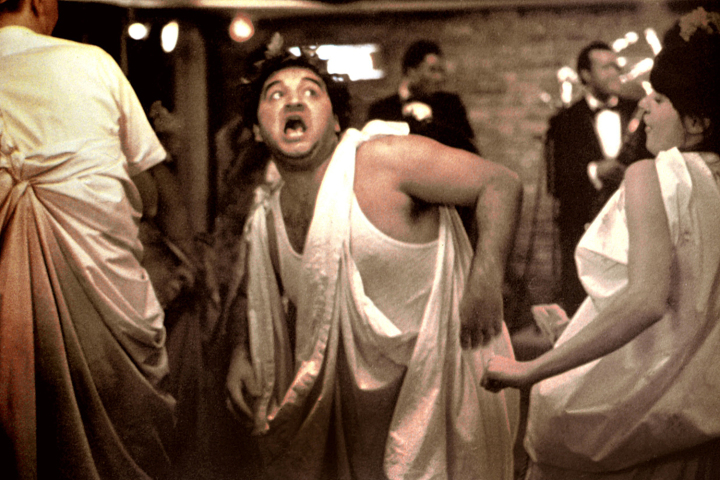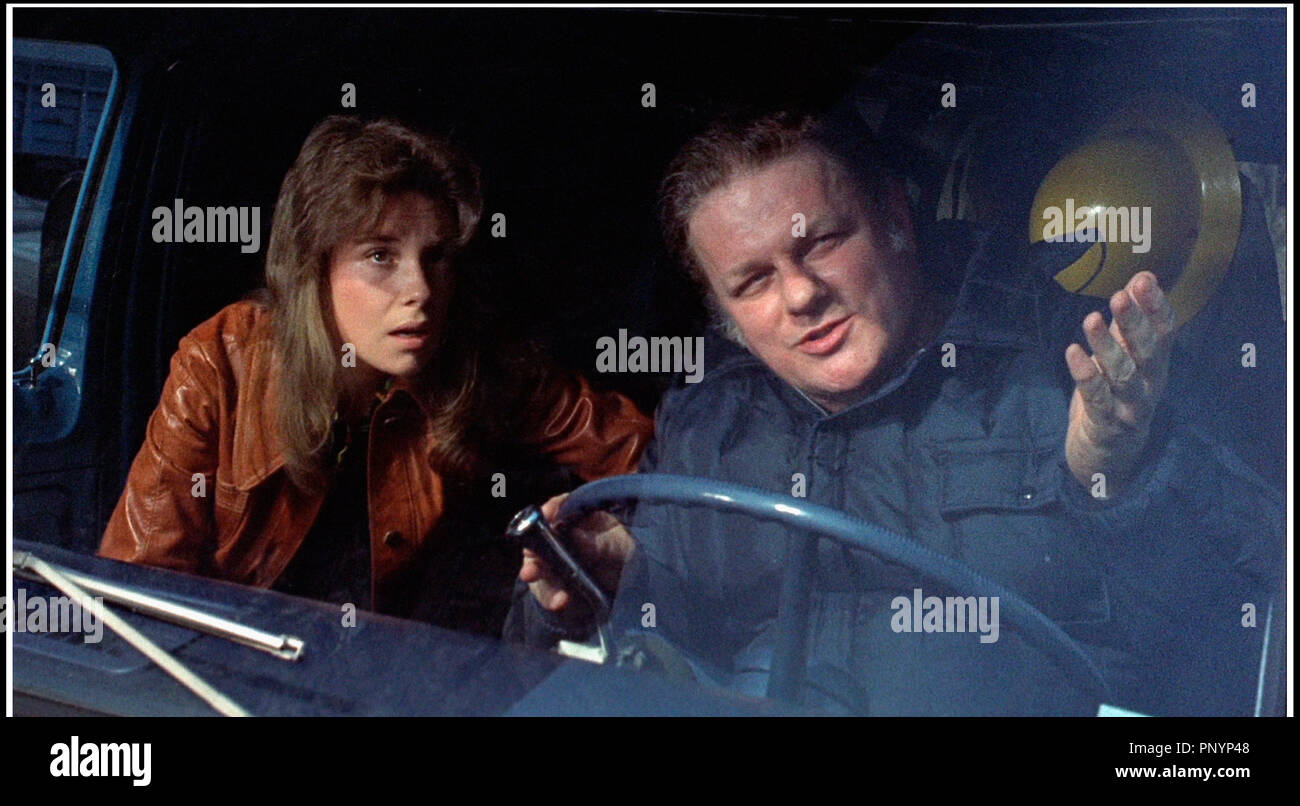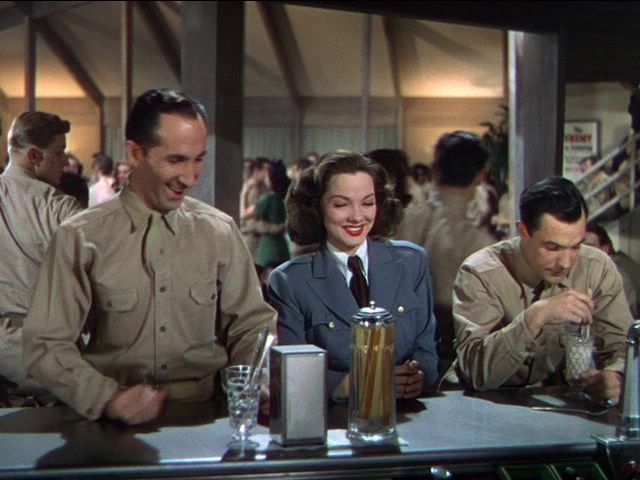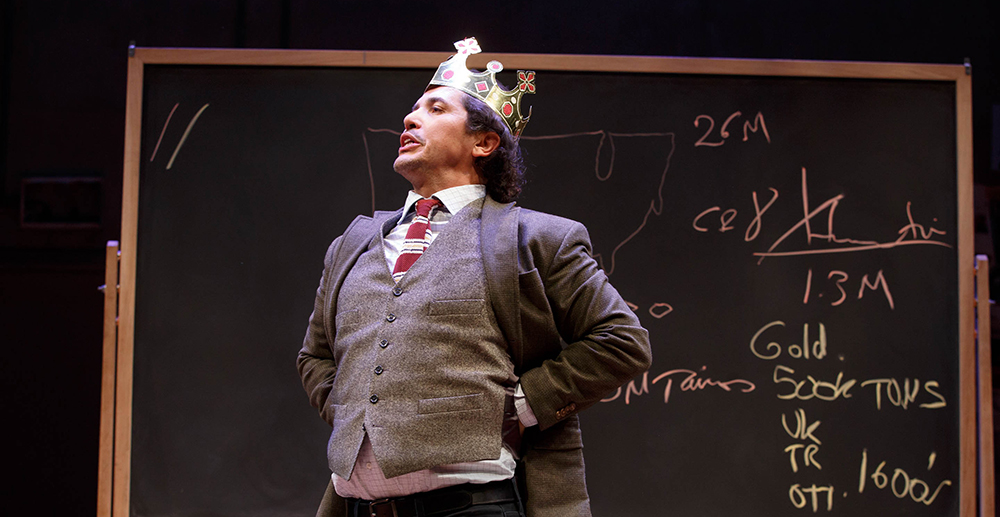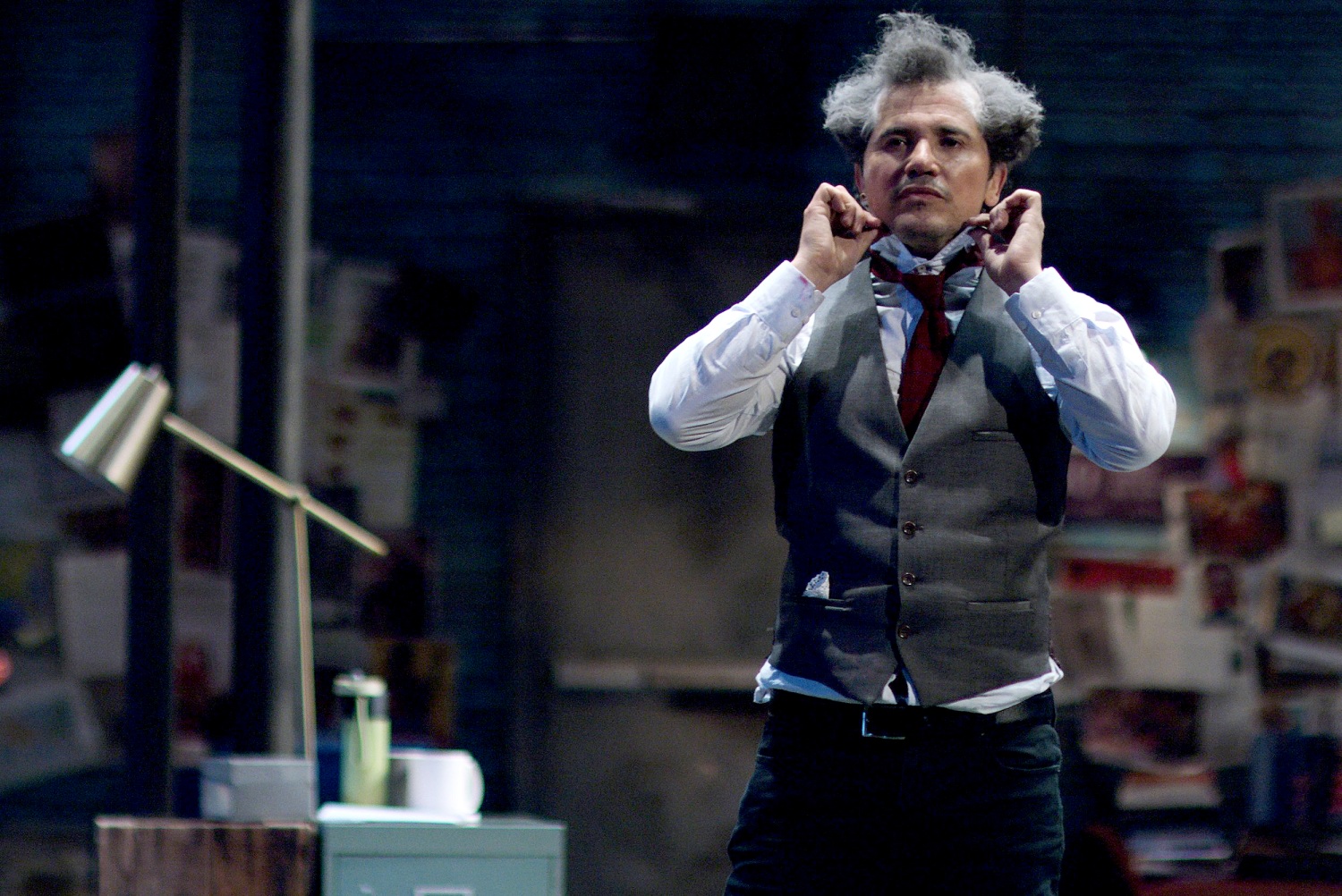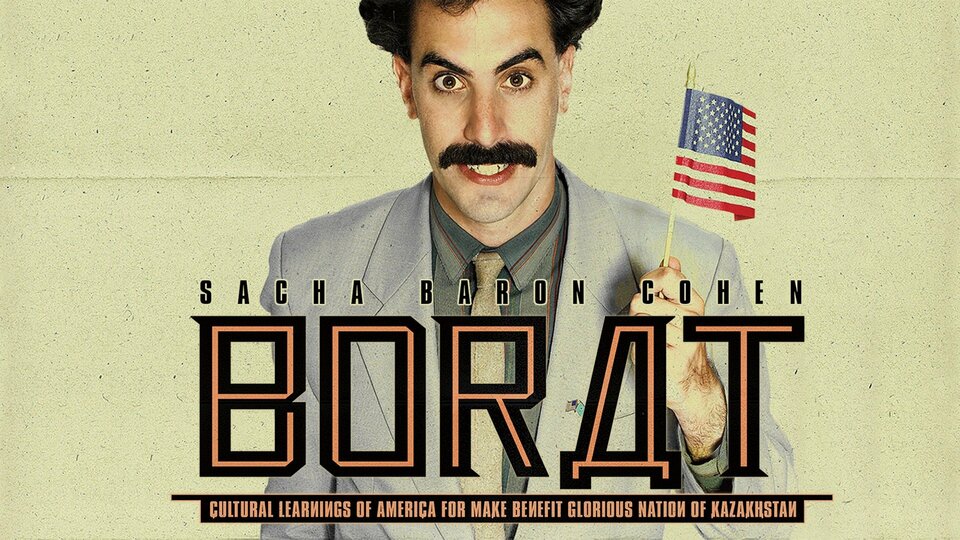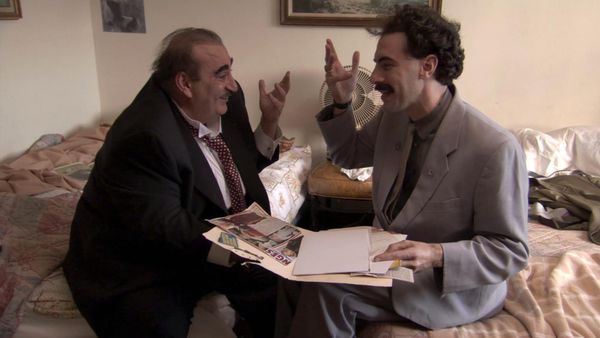The Bride Came C.O.D.
A fun story, energetic direction, and sparkling performances from the stars make the 1941 slapstick comedy The Bride Came C.O.D. worth a look.

The comedy stars James Cagney, as Steve Collins, a marriage-shy private pilot who is about have his plane repossessed when he makes a deal with a millionaire named Lucius Winfield to get his spoiled daughter, Joan (Bette Davis) away from the obnoxious band singer that she's about to marry named Allen Brice (Jack Carson). Steve gets Allen off the plane and spirits Joan away but the plan becomes complicated when Joan tries to escape from the plane by jumping and the plane ends up crashing just outside a practically deserted ghost town called Bonanza, California.

This outrageously silly comedy owes a lot of its success to films like It Happened One Night and Bringing Up Baby, which also found two people with nothing in common on the run together and having to depend on each other even though that's the last thing either wants to do. Julius J. and Phillip G. Epstein's screenplay is smart and clever, peppered with funny one-liners that held up surprisingly well in 2019. William Keighley's fast-paced direction, that doesn't always allow the viewer to think about what they're watching, is also a huge asset.

But it is the incredible cast that really keeps this one humming, led by the legendary James Cagney and Bette Davis, both wonderful actors but definitely working out of their comfort zones here. Cagney did have some musical comedy experience but nothing like this and this kind of physical comedy and this was definitely foreign territory for Davis, but both actors completely invest in the manic goings-on here and they actually seem to be having a lot of fun doing it. Especially loved right after the plane crashes when Joan falls into a cactus and Steve has to pull the stickers out of her pampered bottom. I've seen a lot of the work of both of these actors recently and was pleasantly surprised by the chemistry between them, which is definitely at the core of why this movie was so much fun.

Jack Carson was properly pompous as Allen Brice and mention should also be made of Harry Davenport as Pop Tolliver, George Tobias as Steve's mechanic and especially Pallette who had me on the floor with my favorite line in the movie..."Why am I running" I've got thirty million dollars!" For fans of Cagney and Davis, this is appointment viewing that still provides pretty consistent chuckles throughout.
A fun story, energetic direction, and sparkling performances from the stars make the 1941 slapstick comedy The Bride Came C.O.D. worth a look.

The comedy stars James Cagney, as Steve Collins, a marriage-shy private pilot who is about have his plane repossessed when he makes a deal with a millionaire named Lucius Winfield to get his spoiled daughter, Joan (Bette Davis) away from the obnoxious band singer that she's about to marry named Allen Brice (Jack Carson). Steve gets Allen off the plane and spirits Joan away but the plan becomes complicated when Joan tries to escape from the plane by jumping and the plane ends up crashing just outside a practically deserted ghost town called Bonanza, California.

This outrageously silly comedy owes a lot of its success to films like It Happened One Night and Bringing Up Baby, which also found two people with nothing in common on the run together and having to depend on each other even though that's the last thing either wants to do. Julius J. and Phillip G. Epstein's screenplay is smart and clever, peppered with funny one-liners that held up surprisingly well in 2019. William Keighley's fast-paced direction, that doesn't always allow the viewer to think about what they're watching, is also a huge asset.

But it is the incredible cast that really keeps this one humming, led by the legendary James Cagney and Bette Davis, both wonderful actors but definitely working out of their comfort zones here. Cagney did have some musical comedy experience but nothing like this and this kind of physical comedy and this was definitely foreign territory for Davis, but both actors completely invest in the manic goings-on here and they actually seem to be having a lot of fun doing it. Especially loved right after the plane crashes when Joan falls into a cactus and Steve has to pull the stickers out of her pampered bottom. I've seen a lot of the work of both of these actors recently and was pleasantly surprised by the chemistry between them, which is definitely at the core of why this movie was so much fun.

Jack Carson was properly pompous as Allen Brice and mention should also be made of Harry Davenport as Pop Tolliver, George Tobias as Steve's mechanic and especially Pallette who had me on the floor with my favorite line in the movie..."Why am I running" I've got thirty million dollars!" For fans of Cagney and Davis, this is appointment viewing that still provides pretty consistent chuckles throughout.
Last edited by Gideon58; 08-28-24 at 04:51 PM.
